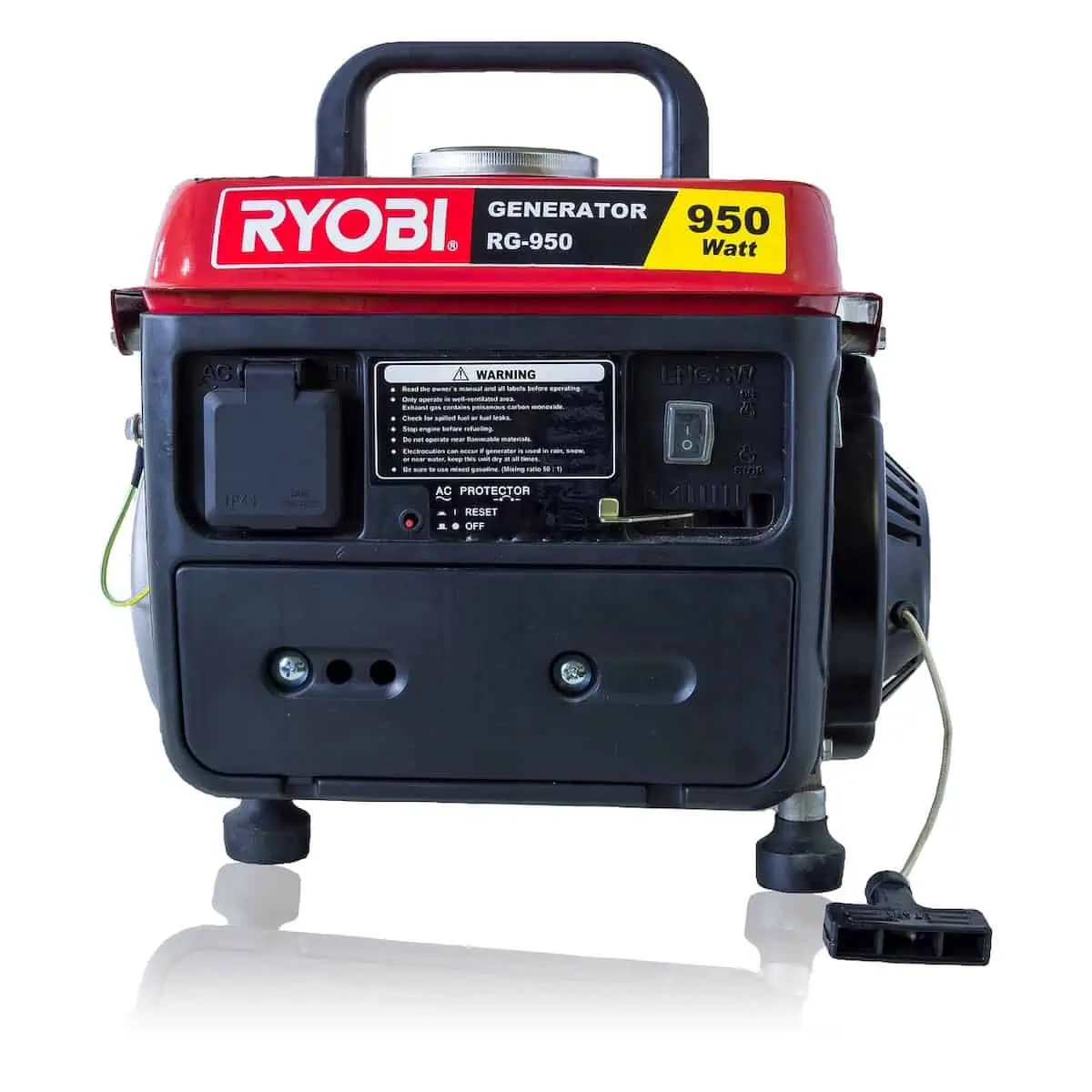As a contractor or construction business owner, you will already be familiar with the difficulties inherent to inventory management and acquisition. Keeping supplies healthy, and keeping tools running, is essential to the provision of quality service and results.
There are multiple ways to approach inventory management and care, with the power source for electric tools an often-unconsidered factor. Your choice of generator is key to productivity – but what do you need to know about generators in order to choose effectively?
Fuel Type
The principal choice you will have to make in purchasing generators relates to fuel type. While there is a wide variety of generators by fuel source, the vast majority utilise internal combustion engines, and are fuelled by either petrol or diesel. But what are the functional differences between the two fuel sources?
Petrol generators typically run quieter than their diesel counterparts, suiting them well for use in domestic and built-up environments. They are also cheaper to run, on account of petrol being cheaper than diesel. Diesel generators tend to be more powerful, though, and require less maintenance over a longer life span.
Outdoor Use
As a general rule, generators should not be used indoors without adequate ventilation systems in place – be they open windows and natural airflow or active fume extractors. However, some generator types may not lend themselves well to the elements, either – requiring some form of cover in order to operate safely.
This is all the more important to watch for in inclement winter weather, weather rain, snow or other stormy conditions. Even with more weatherproof models of generator, it is important that you take steps to make their use safe in such weather. This might involve the inclusion of surge protector between the generator outlet and tool in use, or the construction of a generator cover to protect it from the elements.
Equipment & Wattage
As touched upon before, diesel generators are typically more powerful than petrol generators. This gives them more ‘headroom’ for powering higher-demand installations and equipment, whether larger ventilation systems or more powerful three-phase tools.
These demands can also be met by investing in larger industrial generators, but the specifics of your use case will dictate how feasible it is to transport generators of that size.
If you are simply intending to use a generator for the powering of 240V devices such as electric power tools and halogen lamps, you likely won’t need a diesel generator with this kind of footprint. Smaller, portable petrol generators are more than capable of providing power to such devices.
Still, if you are unsure as to whether a generator is suitable enough for purpose, you should take the time to calculate the wattages you will need. If using tools one at a time, you only need to account for the wattage of your highest-demand tool – however, your generator should be rated for three times the ‘running’ wattage of your tools, so as to account for start-up current draw, or ‘inrush current’.

